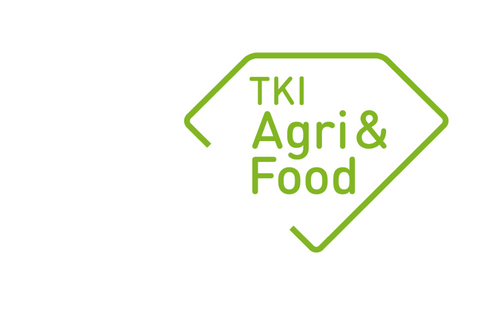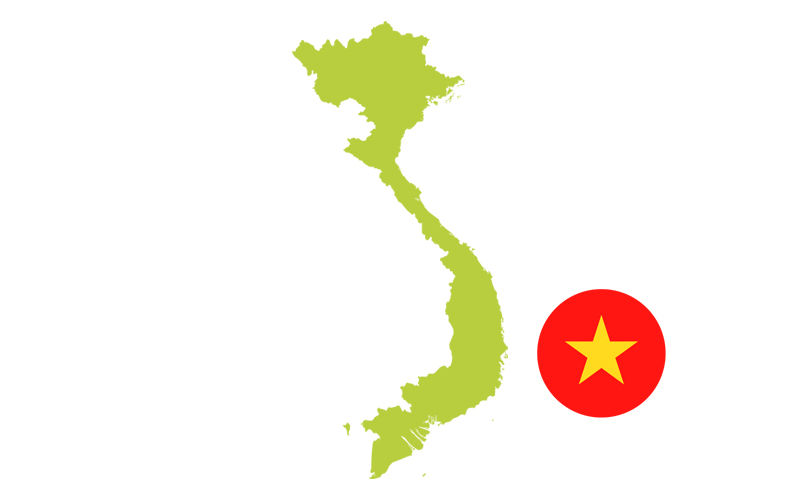Project title: Climate resilient crops for future-proof Mekong Delta
Project number: SMP-24009
Requesting country: Vietnam
Year: 2024
Budget: € 40,000
Project leader: Robert van Loo
Knowledge institute: Wageningen University & Research
Project partners: Radicle Crops
Summary
Following the Vietnam war, between 1975 and 1995, Vietnam shot up to become the second-largest rice producer in the world. Rice had been the focus crop in Vietnam as it was what was needed to address the massive famine after the war. Nevertheless, the intensive rice production in the delta that allowed for prosperous economies and population growth have become vulnerable to subsidence and salinisation. The process has been exacerbated by climate change with prolonged droughts that lead to salinisation of surface and ground water. At the same time, not only do growing populations mean that more food is needed, but the markets are also demanding diversification beyond rice. The Vietnamese authorities are embracing the transition towards increased diversification as it means more secure income and therefore livelihoods for farmers as a way to adapt to the climate change.
While climate change poses a threat to Vietnam’s agricultural system, it’s also an opportunity to more sustainable and high-value forms of agriculture that are better suited to new approaches to climate-smart agriculture. Referring to the Mekong Delta Integrated Regional Plan, the impacts of climate change are triggering a reorganisation of the Mekong Delta into three different agro-hydrological zones: Saltwater, saltwater-freshwater, and permanent freshwater. This calls for a reorientation of agricultural development in the delta, shifting substantially away from the rice-dominated trajectory of the past few decades. To have a sustainable Mekong Delta, long-term solutions are envisioned: 1) Replacement of rice production with new crops for diversification by farmers, 2) Focus on quality of crops rather than quantity. The Mekong Delta will continue to reduce its rice growing area and increase areas of new crops with advanced technologies. In the intermittent saltwater-freshwater middle delta, the seasonal water management shift from fresh water to salt water presents the greatest challenges to creating an agricultural system that is at once adaptive and productive. This is driving the imperative to switch to salt-tolerant crops.
CROPS4DELTA is initiated based on the interest from a Dutch breeding SME, Radicle Crops, a spin-off of WUR, who specialises in the development and application of cutting-edge breeding technologies to accelerate the introduction of novel crops into global food system including quinoa. Quinoa is an exceptional new crop with the unique salt-tolerant property that can potentially contribute to food security as it has a healthy balance of proteins with all the essential amino acids, carbohydrates, fibre, and seed oil. In the context of climate change, quinoa is a crop that has proven to be able to withstand extreme level of salinity and drought. WUR has established field trials with Tra Vinh University testing salt-tolerant quinoa in Vietnam. Radicle Crops sees opportunities for quinoa in the saline Mekong Delta of Vietnam. Through CROPS4DELTA, the company wants to understand the opportunities to improve its quinoa varieties to perform better in Vietnam and their opportunities in the value chain in Vietnam. In addition to quinoa, CROPS4DELTA also explores the business interests of other Dutch breeding companies (East West Seed and HZPC) who have interest in improving salt tolerance of existing crops to be grown in other parts of the Mekong Delta area (incl e.g bitter gourd, chili pepper. tomato, potato). CROPS4DELTA wants to explore the opportunities to introduce crop rotation in the salt-affected lands of the Mekong Delta.
Deel dit bericht


